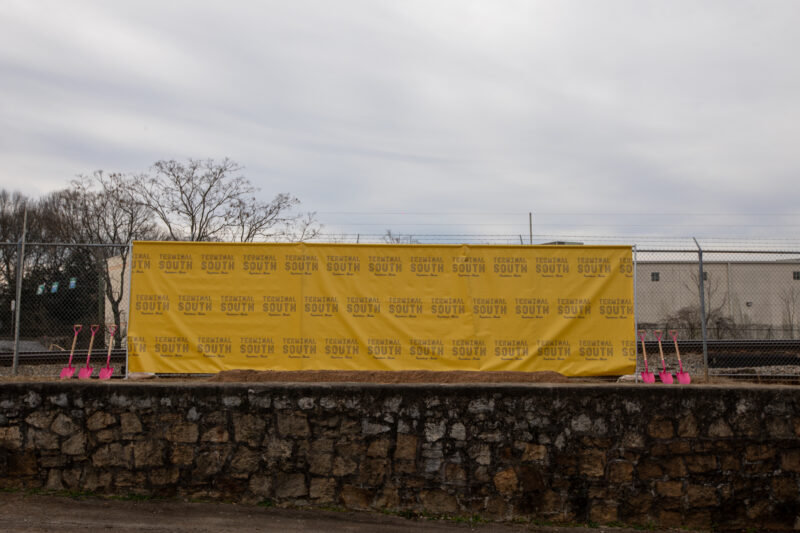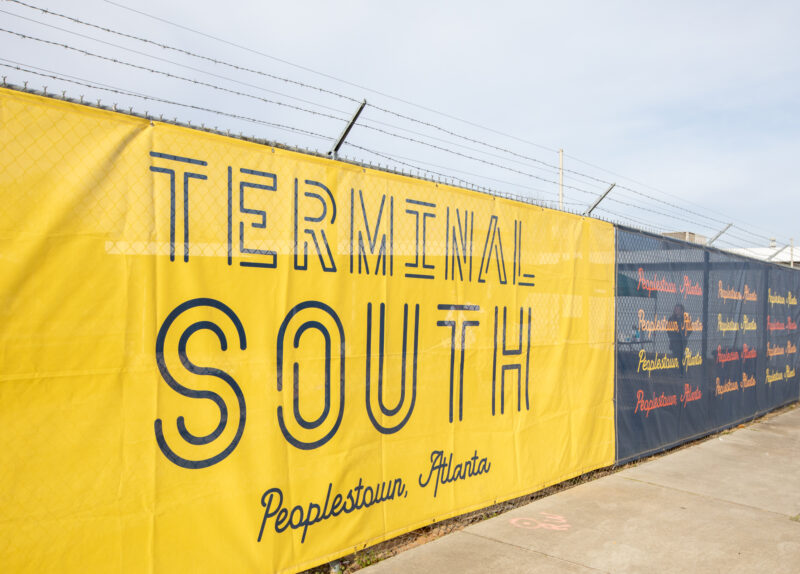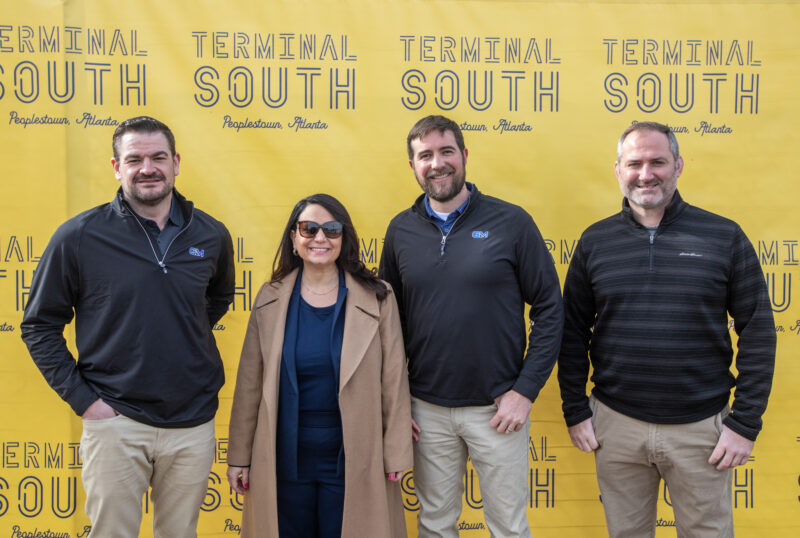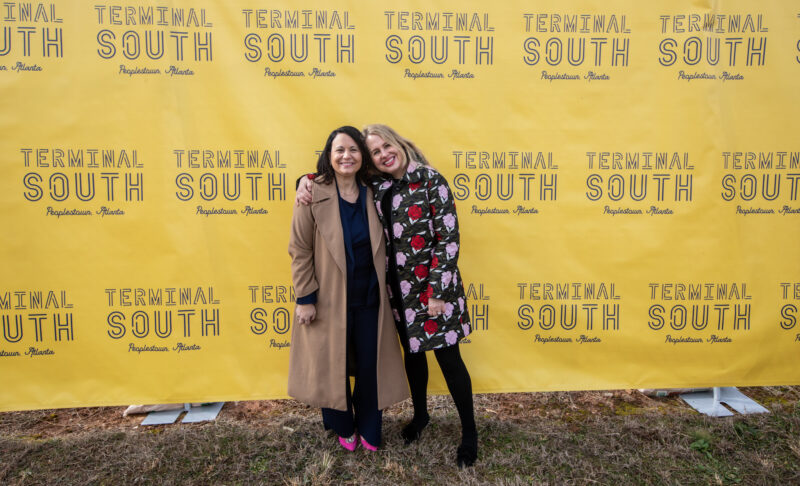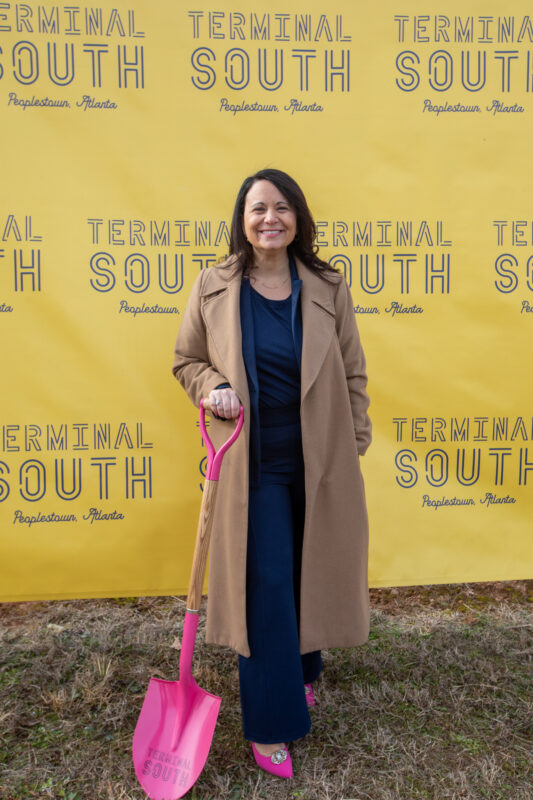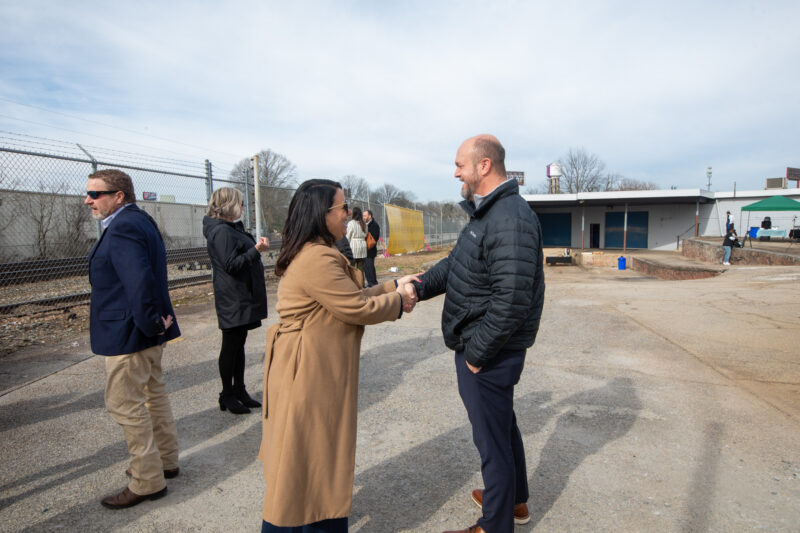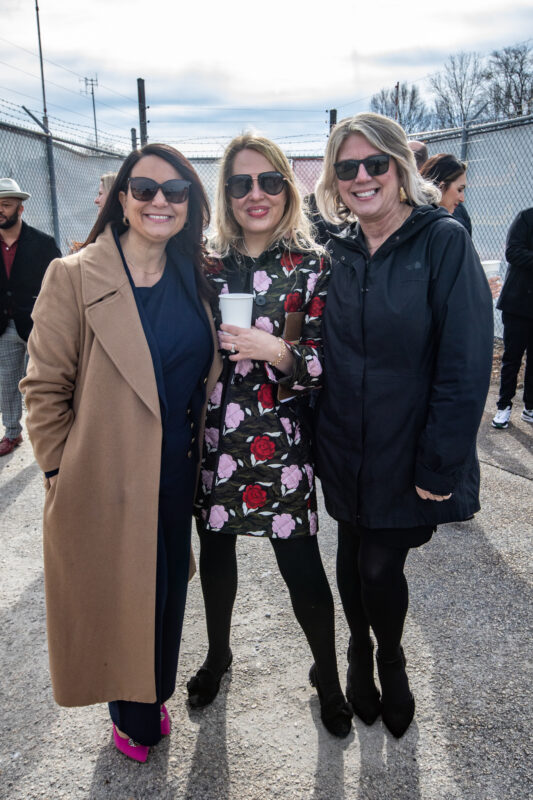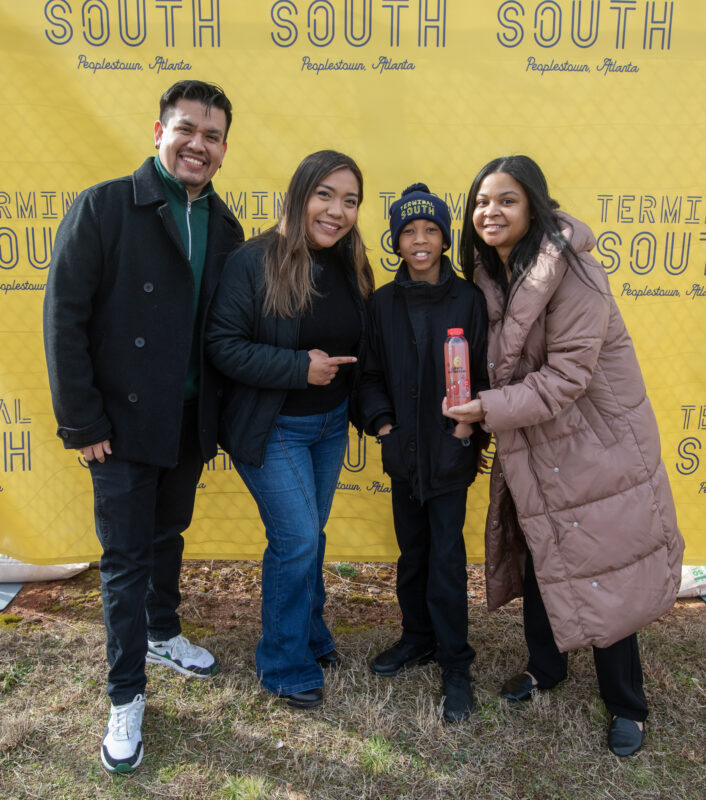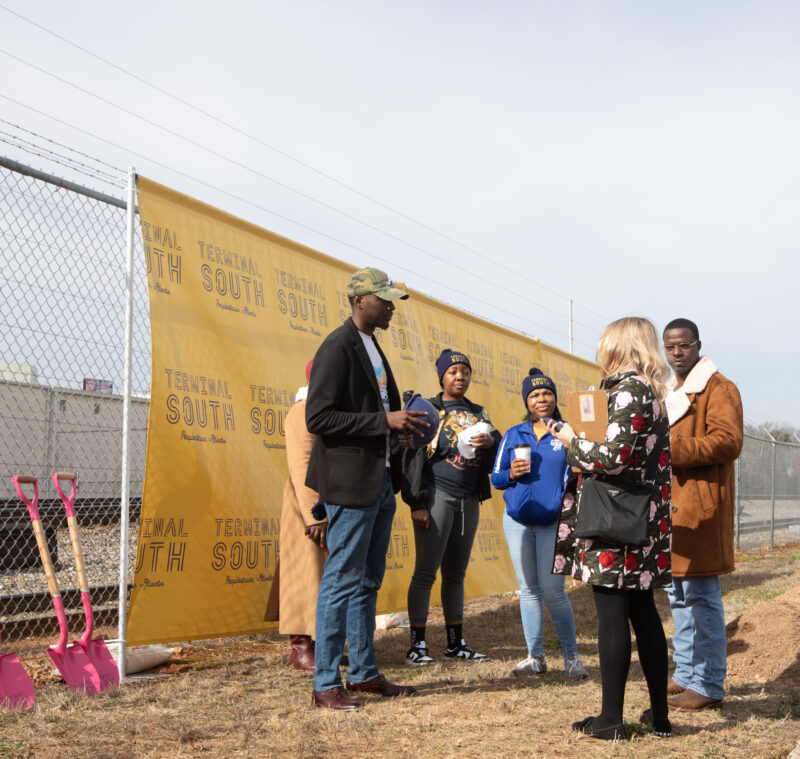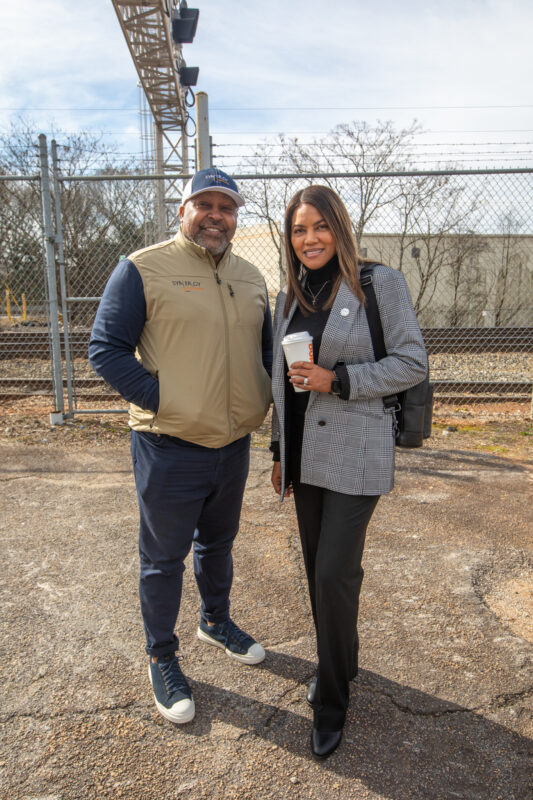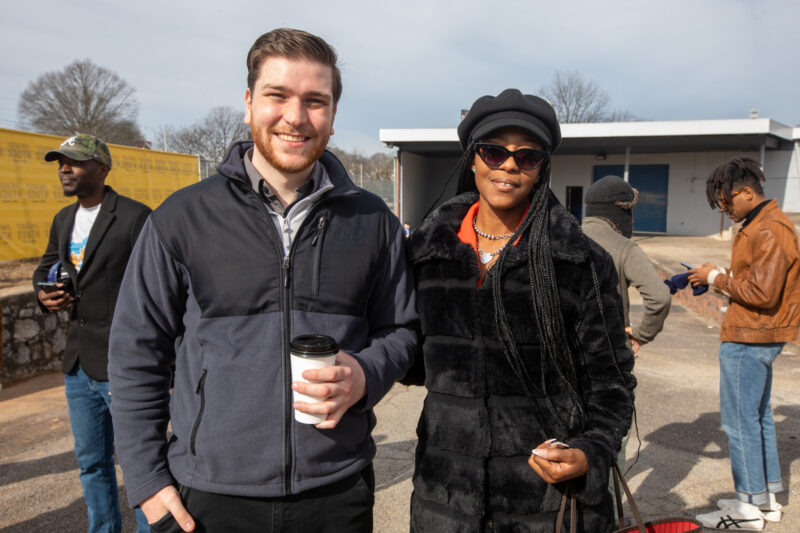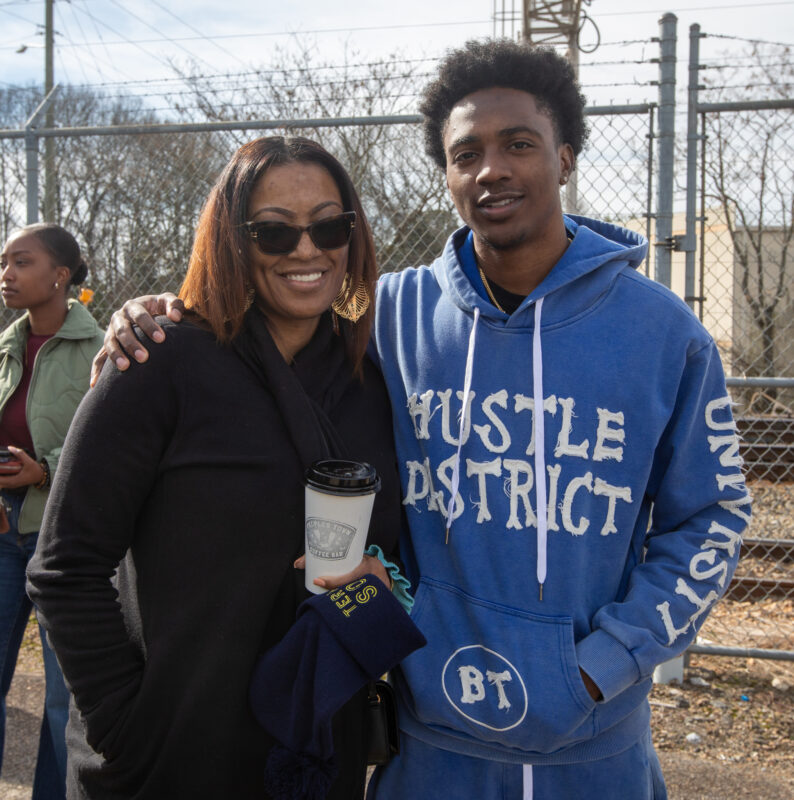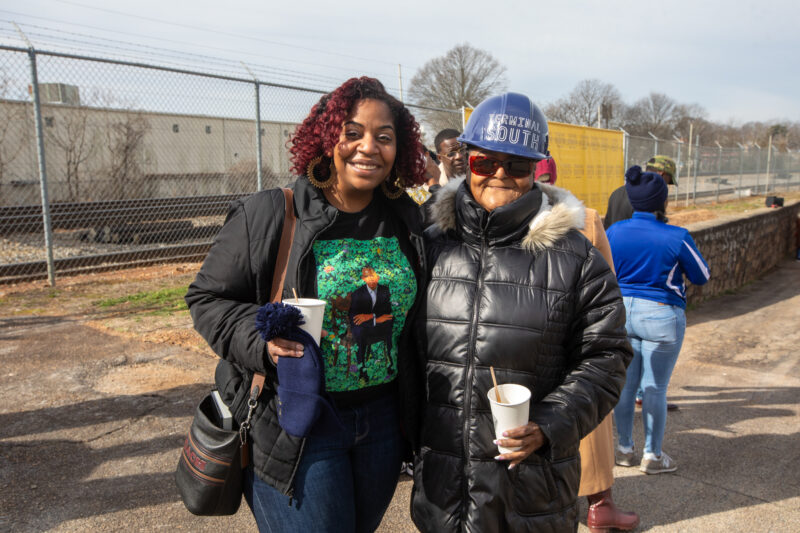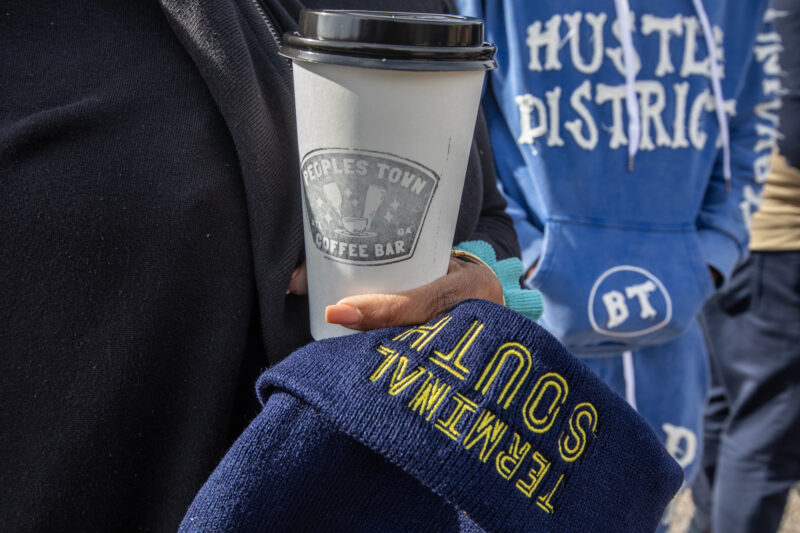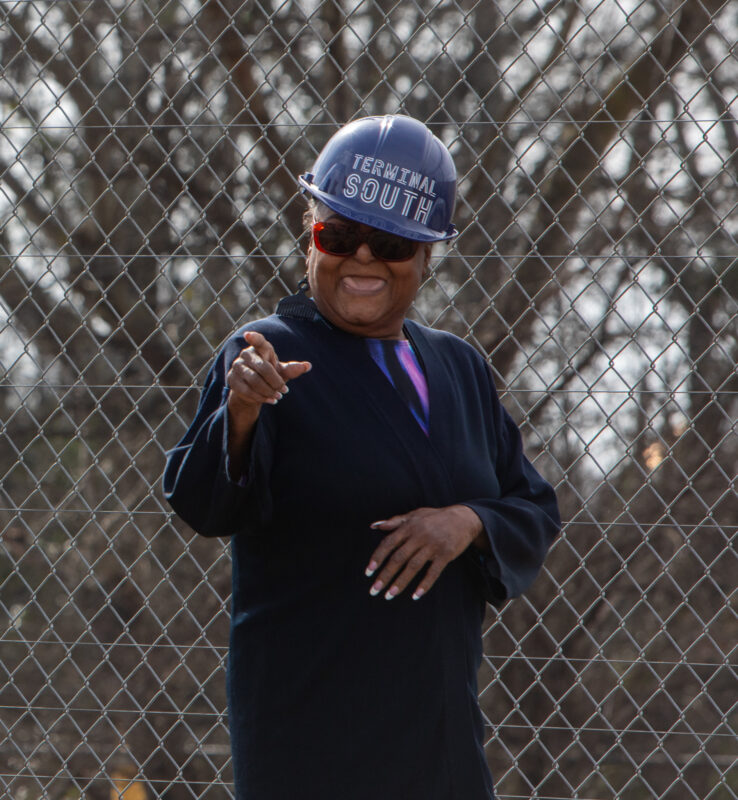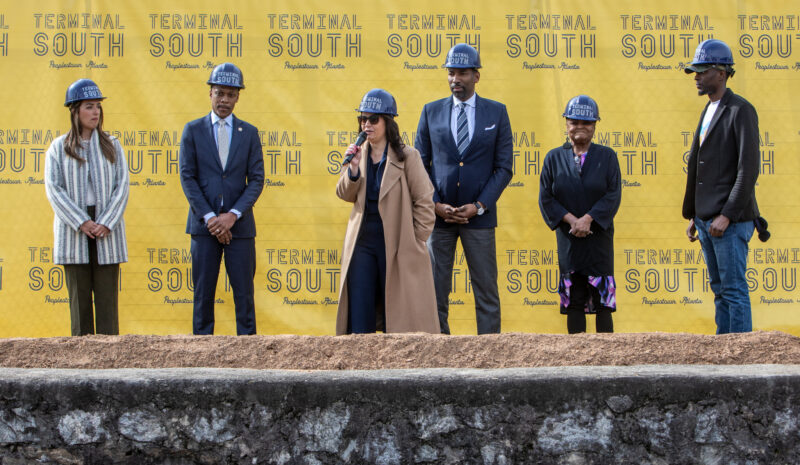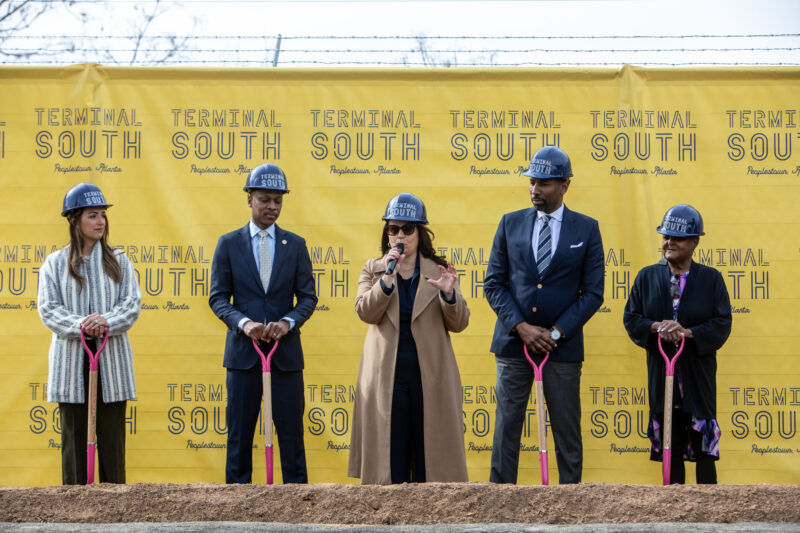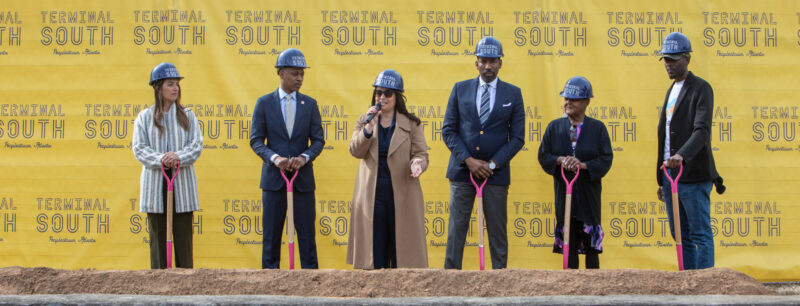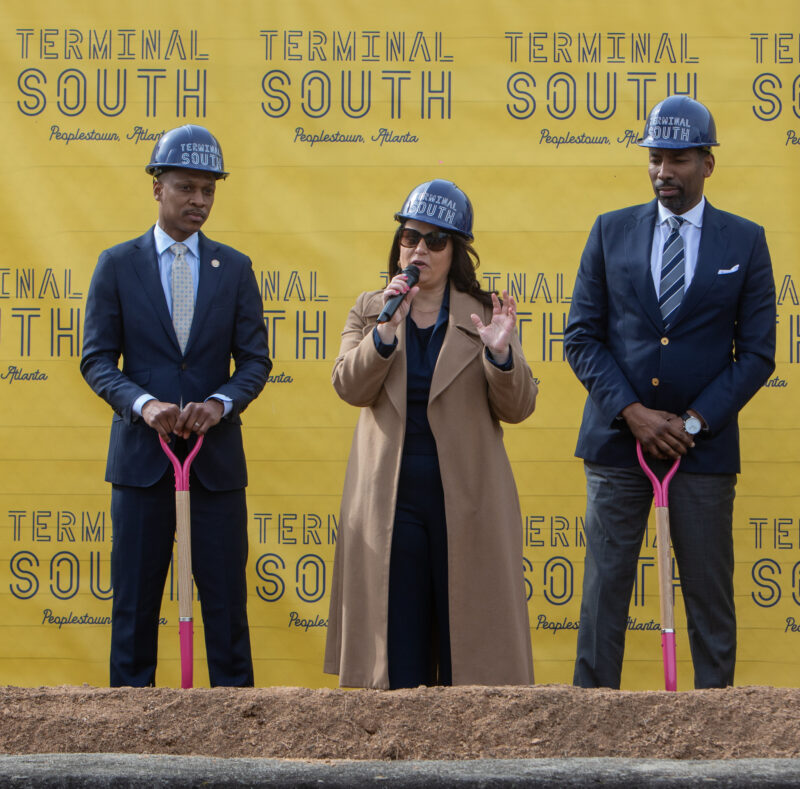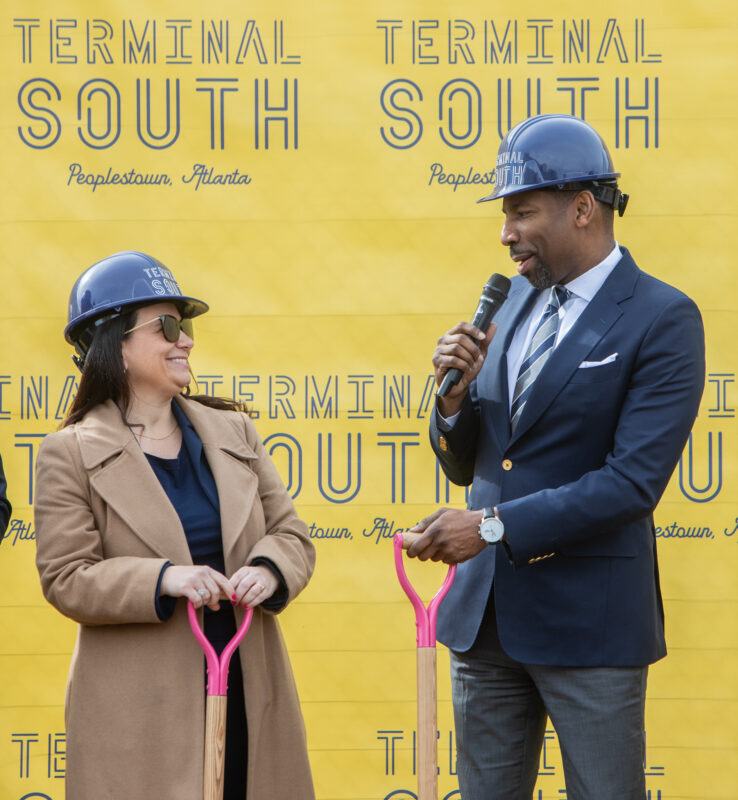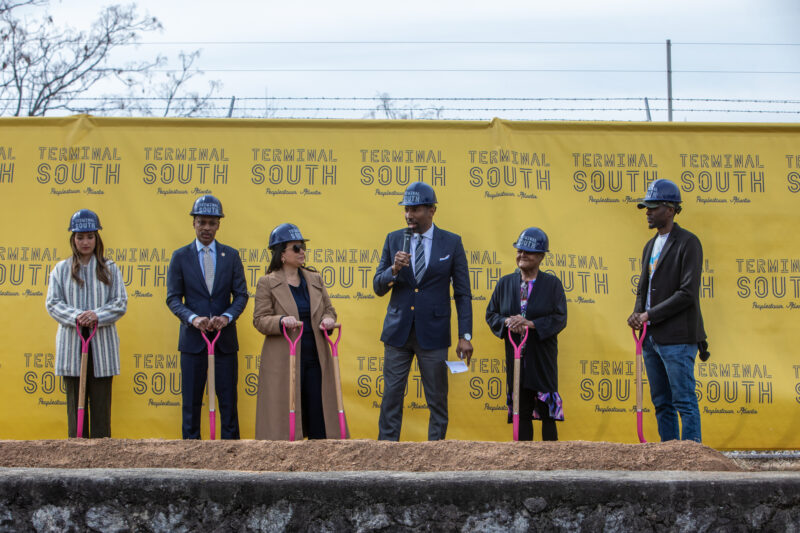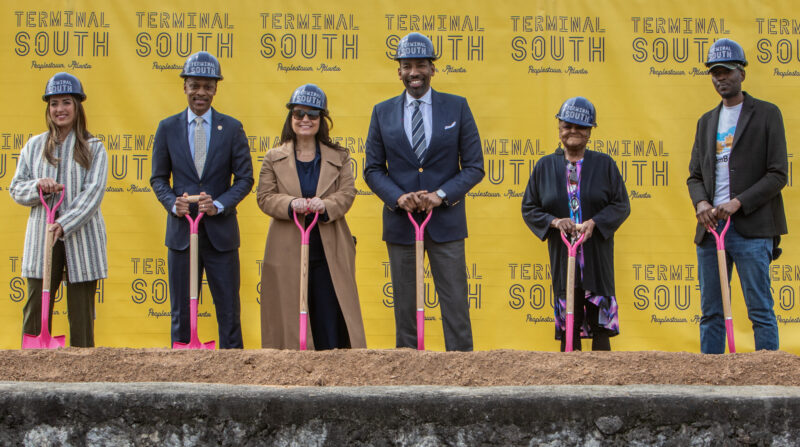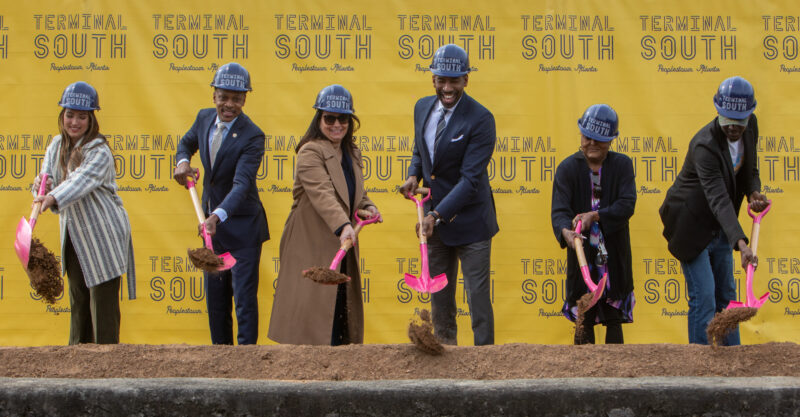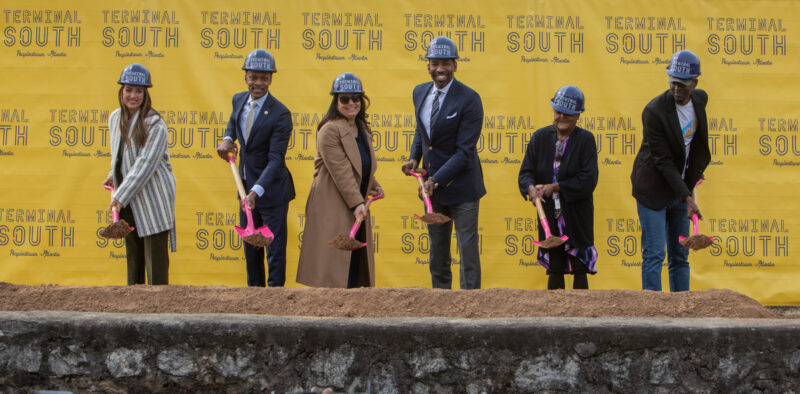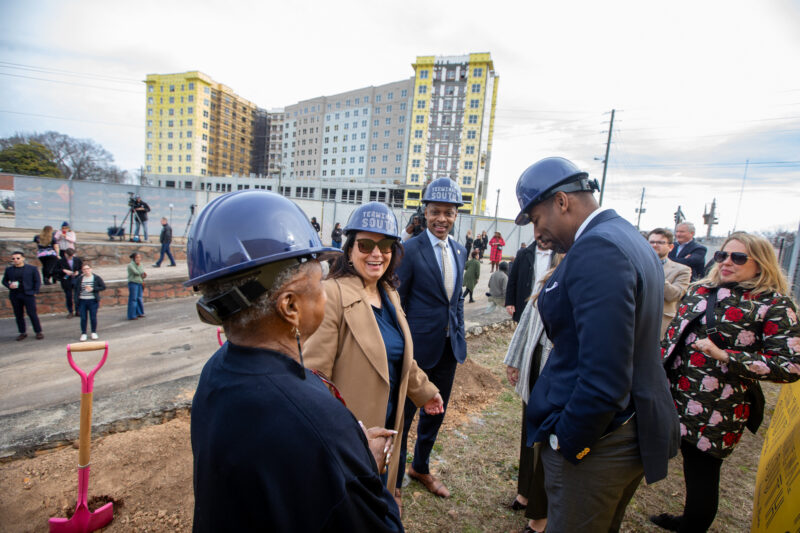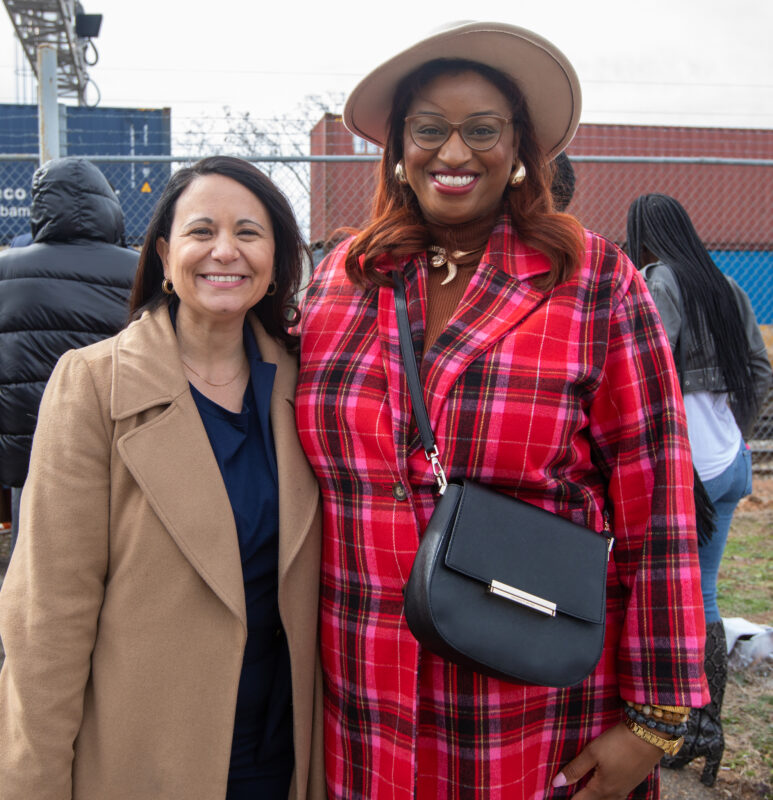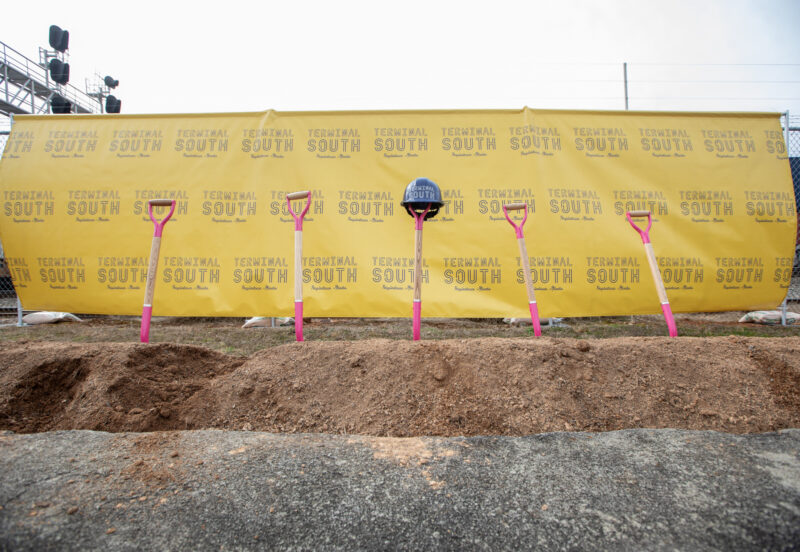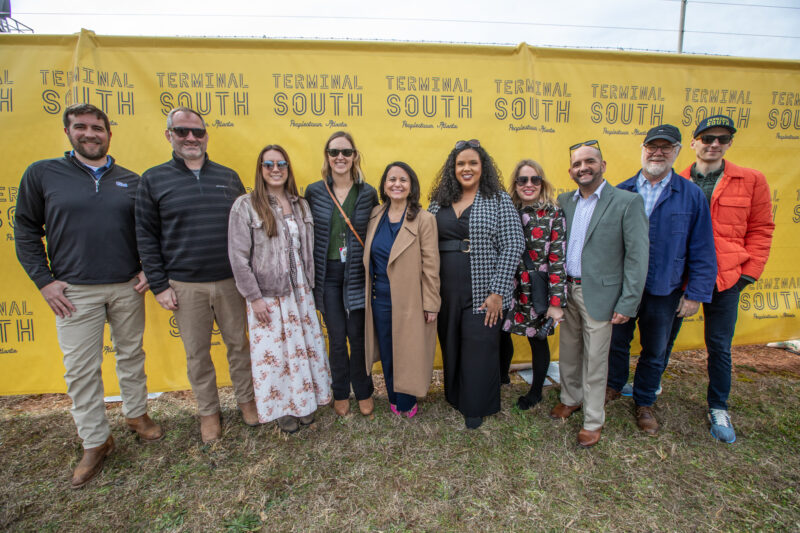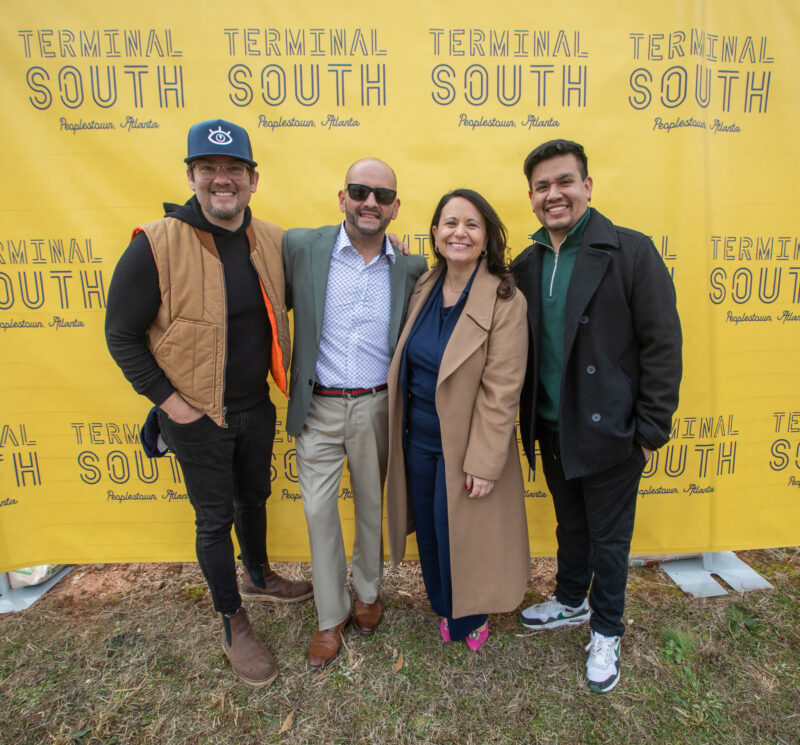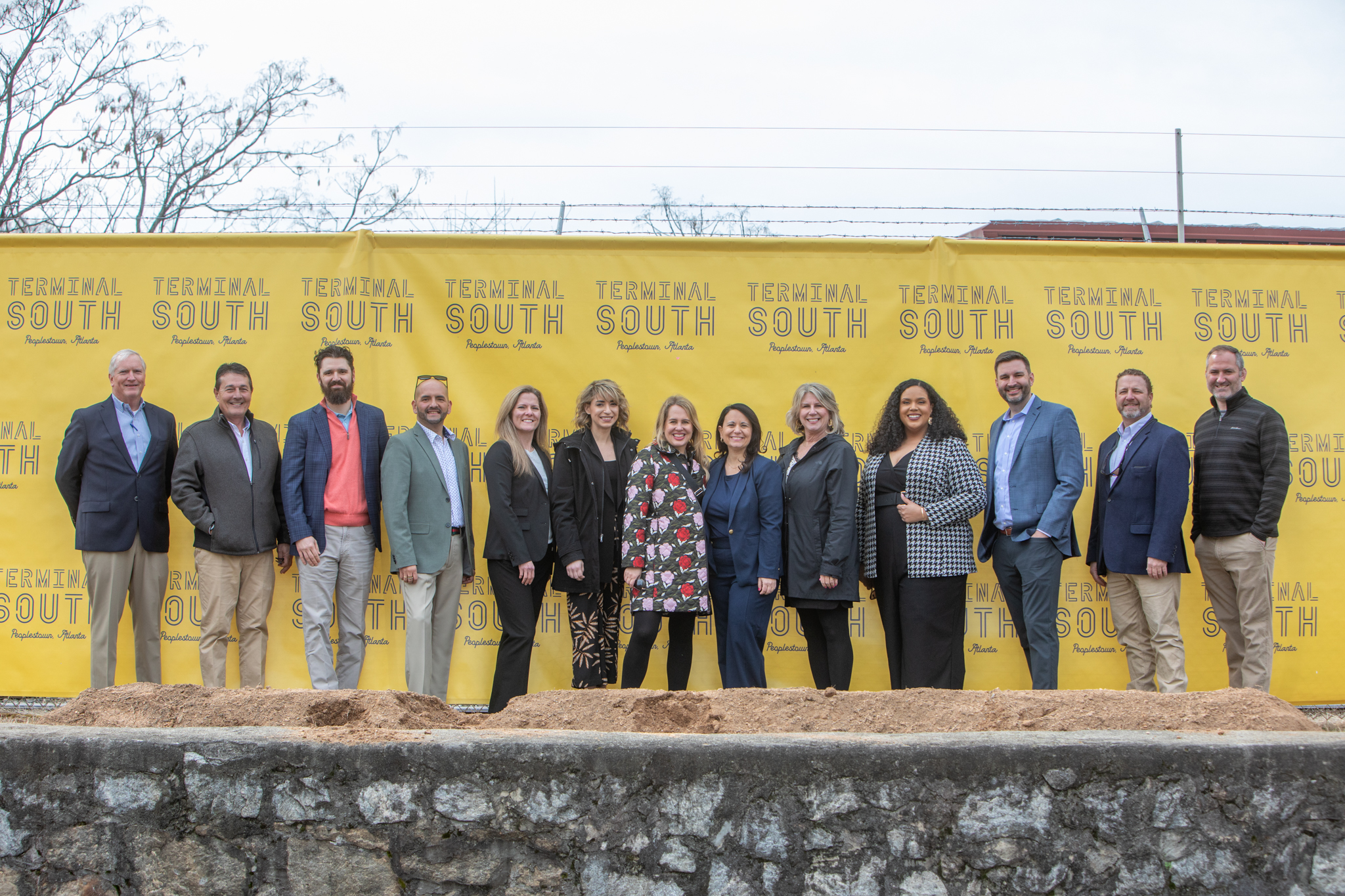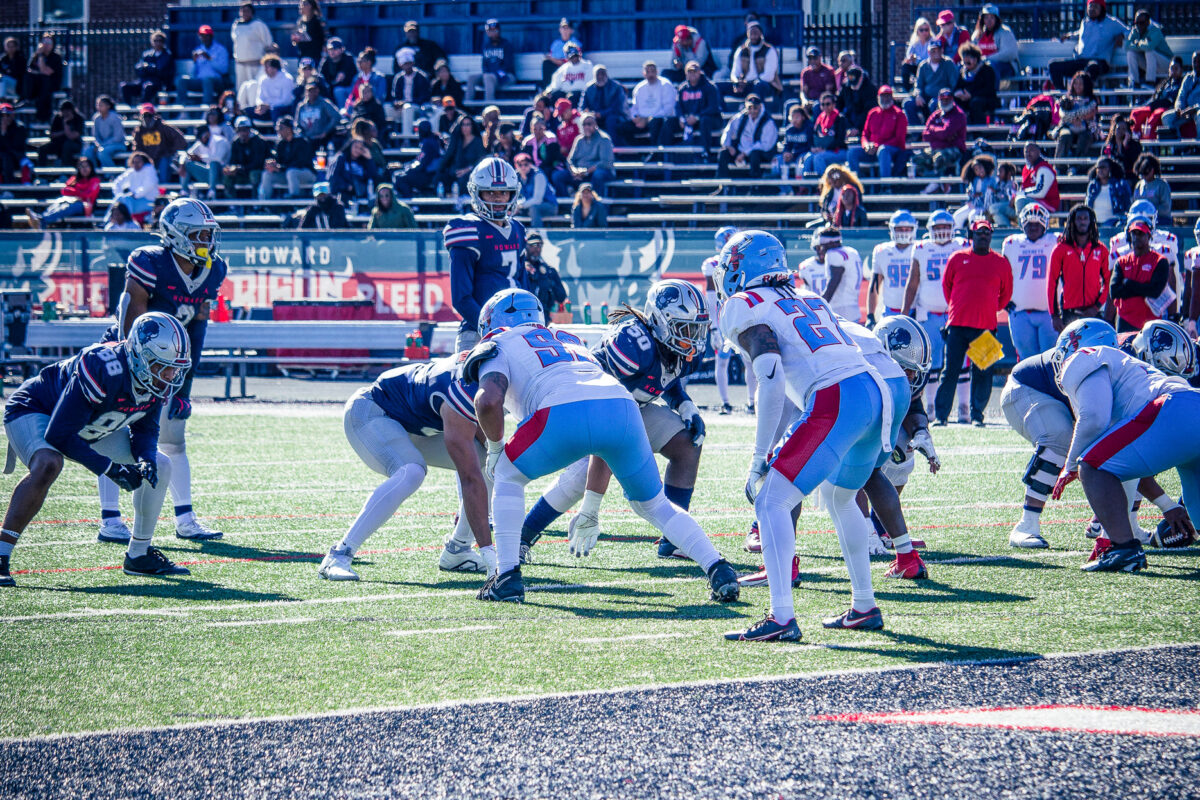Situated approximately 20 minutes south of downtown Atlanta, alongside the train tracks, lies the Peoplestown neighborhood. This historically Black community has long been neglected and underappreciated. Over the past decade, residents have voiced concerns about the city utilizing eminent domain to acquire residential properties. Clemmie Jenkins, a 73-year resident, has witnessed numerous unfulfilled promises and disappointments.
“We’ve had so many promises given to us over the years, you name it, we’ve had it come through and promise us the world and get nothing,” remarked Jenkins. Despite the challenges, there’s a glimmer of improvement on the horizon.
Recently, city leaders initiated the groundbreaking ceremony for Terminal South, marking the first significant retail development in the area. Melissa Ahrendt, the developer behind Terminal South, emphasized the importance of understanding and addressing the community’s needs. “It was really important to me to bring and listen to what they wanted for their community, and the thing that they say constantly is they want jobs,” Ahrendt stated. The project aims to establish a social and commercial hub, introducing new shops and restaurants while generating 250 job opportunities.
Atlanta Mayor Andre Dickens highlighted the broader impact of the project, with mixed-income apartments and bus rapid transit contributing to the city’s growth even on the south side. Terminal South is committed to maintaining its roots, as 95% of the businesses slated for the area are minority-owned. Among them is Mindy Lopes’ floral shop, reflecting her Honduran culture and offering a diverse experience to the community.
“We welcome everybody for sure. As a minority, it gives me the opportunity to represent my culture and bring in the flavor, the Latin flavor from Honduras and giving some of that to all the people,” expressed Lopes. Positioned near Atlanta’s Beltline and serving as the final stop on the city’s inaugural bus rapid transit line, Terminal South brings hope to a community that was once deemed hopeless.
“Blessing, blessing, and more blessing to our community,” Jenkins concluded.


